
 LANGUAGE
LANGUAGE
On July 25, 2025, the Rhine River is rippling with blue waves and green fields filling the embankment. Egrets inhabit, fish swim in the shallow bottom, and thousands of species compete freely in summer! East China University of Science and Technology, as a higher education institution renowned for its chemical engineering characteristics, the Huangpu Military Academy of China's chemical industry, and the School of Business of East China University of Science and Technology for Intelligent "Smart" Manufacturing and Technological Innovation 2025, led a group of German graduate students to Ludwigshafen, the headquarters of BASF, the world's largest chemical enterprise and global leader in chemical industry research and development. BASF Ludwigshafen production base is currently one of the largest chemical production bases in the world. Ludwigshafen is located on the left bank of the Rhine River and is the second largest port on the Rhine River in Germany. On April 6, 1865, Badische Anilin und Soda Fabrik's joint-stock company (BASF) was established, mainly producing dyes and inorganic chemicals as raw materials. As of July 2025, BASF has a nearly 160 year history of corporate development. In the nearly 160 year development process, BASF has always followed the times, grasped trends, relied on independent research and development technology and selective acquisitions, crossed cycles, gradually expanded the industrial chain and innovated technology, and grown into a global chemical giant. At present, BASF's industrial footprint covers 91 countries around the world, with 112000 employees and 239 production bases, including six integrated bases. The company cooperates with more than 70000 primary suppliers worldwide and focuses on six major areas of business, including chemicals (petrochemical intermediates), materials (characteristic materials, monomers), surface treatment technology (catalysts, coatings), nutrition and care (care chemicals, nutrition and health), industrial solutions (dispersions and pigments, characteristic chemicals), and agricultural solutions. We provide products and services to nearly 82000 customers, ranking first in the global chemical enterprise rankings for consecutive years. In 2024, the company achieved a revenue of 65.3 billion euros.
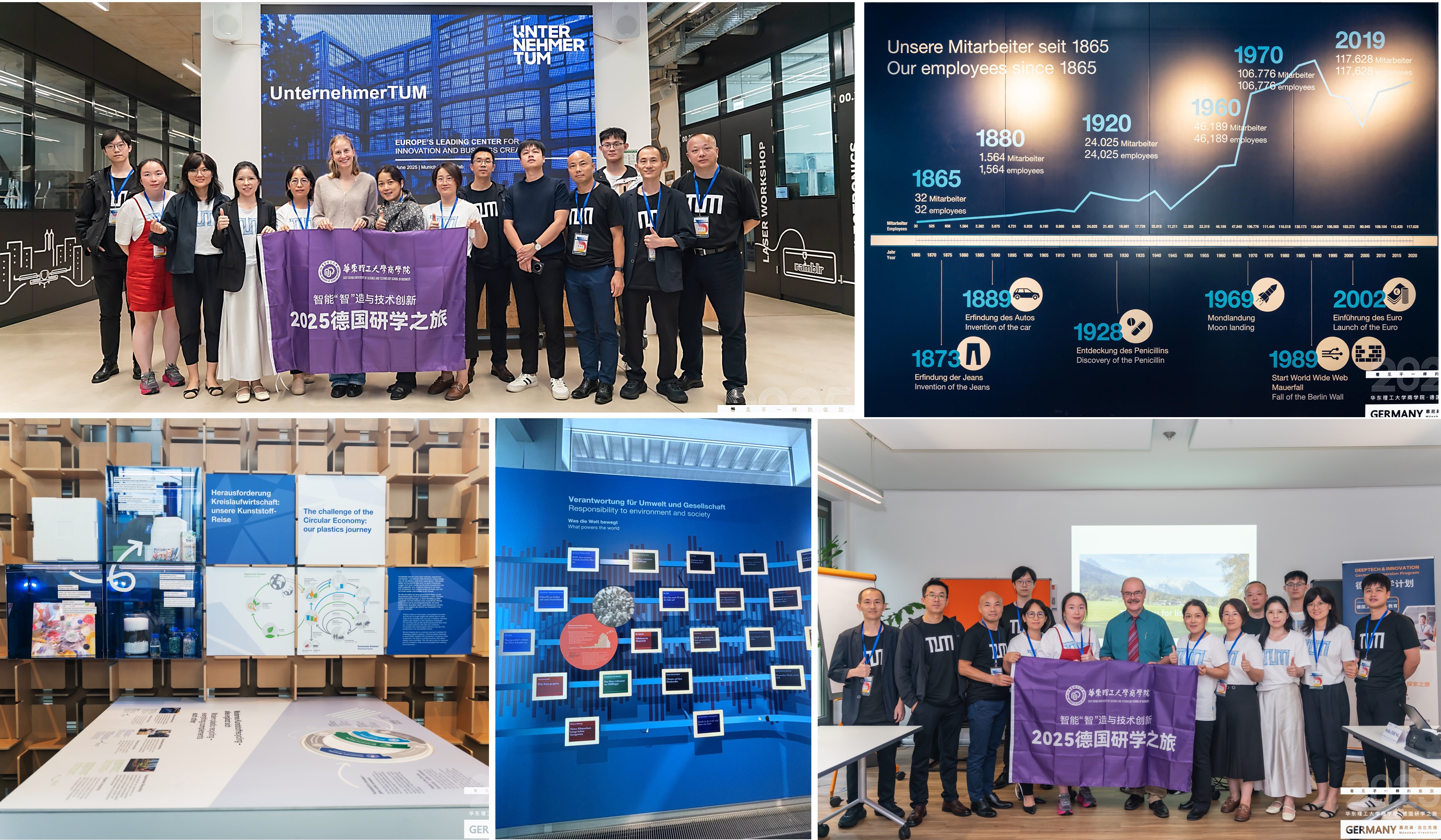
Currently, with global warming, rapid climate change, increasingly scarce natural resources, and growing pressure on ecosystems, human beings are facing enormous challenges due to the increasing demand brought about by global population growth. Enterprises, as important participants in business activities, have always been in urgent need of solutions, and they should prioritize the development of innovative low-carbon solutions in their operations to achieve a sustainable future. Chemical companies are energy intensive enterprises, and chemical products are related to the raw materials of millions of downstream products, involving all aspects of clothing, food, housing, and transportation. Chemistry is playing a crucial role. Chemistry can lay a solid foundation for a more sustainable future through innovative products and technologies. BASF has always been a benchmark in the chemical industry in green manufacturing and analysis by leading ESG rating agencies. At Ludwigshafen, BASF has put forward the concept of "responsible use of water resources" and the water resource management operation system has been fully implemented and utilized. Most of the water in the base is used as cooling water, and after being tested, it flows back to the Rhine River without the need for treatment. The cooling circuit system of the base ensures that the cooling water is reused time and time again, thereby reducing the amount of water extracted from the Rhine River. Only about 12% of all water usage is used as a reaction medium, which then flows into sewage treatment plants for purification and meets discharge standards. The entire production process maximizes the utilization of water resources and minimizes the impact on the environment within the standard range.
BASF achieves differentiated development through fine chemicals, providing customers with a range of high-performance products including chemicals, plastics, specialty products, crop protection products, as well as crude oil and natural gas. Its unique integrated base (i.e. "Verbund" in German) is the company's advantage. Introducing the concept of "integration" into the chemical industry is BASF's innovation. As early as the end of the 19th century, BASF's headquarters in Ludwigshafen, Germany began to establish a networked production structure: all factories were built interdependent, and the products of one factory were the raw materials of neighboring factories. This zero distance factory distribution not only significantly reduces transportation costs, but also greatly improves production efficiency. According to the concept of "integration", the production units involved in each product chain are "adjacent to each other". The Ludwigshafen production base is the world's largest integrated chemical production base operated by a single company. In the Verbund of BASF's chemical zone in Ludwigshafen, a byproduct of one equipment is provided as a valuable input material to another equipment, producing highly refined products from basic chemicals to paints, insecticides, textile fibers, etc., forming a relatively complete industrial chain, achieving efficient utilization of by-products and excess energy, and increasing added value, creating an efficient value chain from basic chemicals to coatings and crop protection products, and enhancing its competitiveness in the global market. The core of Verbund is to build a circular economy industry chain. BASF focuses on continuous innovation and differentiated layout, vigorously develops and innovates, optimizes its research and development system, and uses technological advantages to build high entry barriers, effectively avoiding the fierce competition in homogeneous markets. When facing product fields with many production enterprises and relatively narrow profit margins, BASF tends to take strategic retreat measures, withdraw from the fiercely competitive track, and open up and lead new market areas.
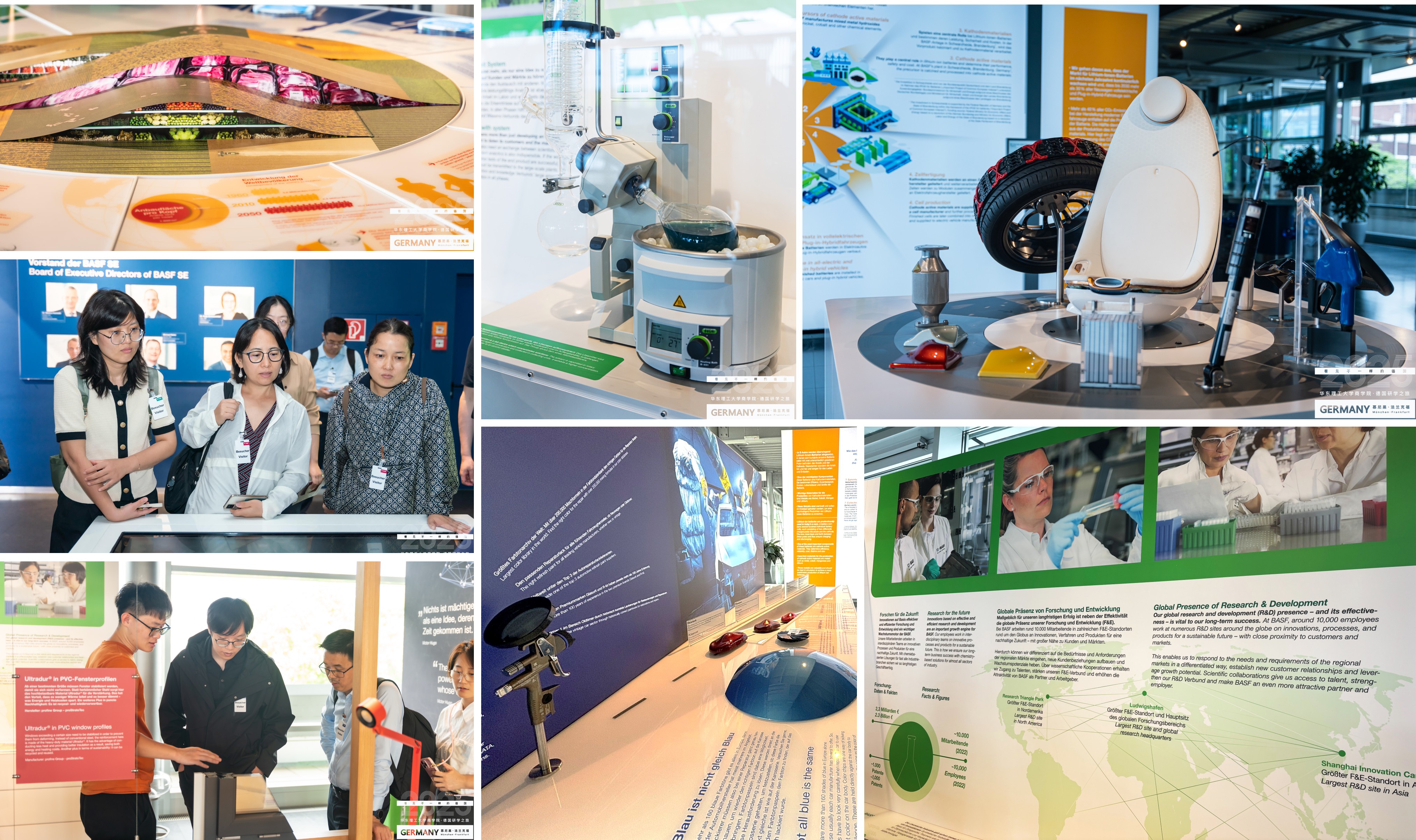
In the European domestic market, BASF also operates a Verbund integrated base in Antwerp, Belgium. In the important North American chemical market, BASF's two Verbund integrated bases in Geismar, Louisiana and Freeport, Texas, along with its steam cracking unit located in Port Arthur, Texas, form the cornerstone of BASF's North American network. BASF operates two integrated bases in Kuantan, Malaysia and Nanjing, China in the rapidly growing Asia Pacific market. China is the world's largest chemical market and one of the key engines driving the growth of the global chemical industry. The demand for sustainable products and solutions continues to grow, and China is not only a focal point for BASF's investment, but also a driving force for practicing green growth. In 2005, Yangzi Petrochemical BASF fully launched the integrated base in Nanjing, which follows the Verbund concept of BASF headquarters in Ludwigshafen, Germany, the world's largest single company chemical production complex. By connecting multiple production facilities, enterprises can effectively utilize products, by-products, and energy, thereby achieving cost efficiency and reducing environmental impact. In November 2019, one of BASF's largest overseas investment projects, the BASF Zhanjiang base project, was launched. The Zhanjiang base adopts an advanced integrated production mode and achieves efficient resource utilization and emission reduction by deeply integrating the upstream and downstream of the industrial chain. In the production process, the by-products generated by upstream devices can be used as raw materials for downstream devices and recycled within the base, reducing waste emissions, lowering production costs, and improving production efficiency. This integrated model makes the entire production process more compact and efficient, forming an organic whole. The base plans to use 100% renewable energy electricity, fully utilize the abundant offshore wind power resources in Zhanjiang, and reduce dependence on traditional fossil fuels. On the other hand, actively exploring carbon capture and storage (CCUS) technology and striving to reduce carbon emissions in the production process. Under the sustainable development strategy, BASF's "integrated" practice of over 100 years, from production, energy, technology, digitization, product portfolio, research and development, innovation to the entire supply chain and customer relationships, has kept pace with the times and is constantly evolving. The BASF integration concept has developed into BASF's unique business wisdom and philosophy, and BASF's integration projects around the world serve as a model for its philosophical practice of "integration".
The stones from other mountains can be used to attack jade, "in contrast to the internal competition in the chemical industry. To break the situation of intensified competition in the form of "internal competition", policy makers and entrepreneurs need to "step out of the corporate industry" and "put aside the present and look into the distance", which is an important way to break the inertia of thinking, starting from the external market and the future industrial pattern. In the face of such a huge market of "carbon peak and carbon neutrality", sustainable development and green low-carbon will be the main thread running through innovation. Through continuous innovation and technological progress, we aim to achieve high-end and differentiated products, especially high-performance materials and high-end specialty chemicals. We aim to overcome the dilemma of intensified competition in the "internal competition" and improve operational quality and efficiency, thereby promoting high-quality and sustainable development of the petrochemical industry.
Extended reading:
East China University of Science and Technology, is located in Shanghai, the economic center of China. It is the first higher education institution in New China to be renowned for its chemical engineering characteristics and is known as the "cradle of chemical engineers" in China. It is a national key university directly under the Ministry of Education and is listed as a "211 Project", "985 Project Advantageous Discipline Innovation Platform", and "Double First Class" construction university. It has been selected as a national intellectual property information service center, university scientific and technological achievement transformation and technology transfer base, national intellectual property demonstration university, and one of the first pilot units for the construction of specialized national technology transfer institutions in universities.
MerRIND® Lean Lubrication was founded in 2008 by alumni of East China University of Science and Technology. MerRIND® Chemical Technology Company has always advocated a lean lubrication management model based on lean products in the industry, starting from details and using lean lubrication products as a starting point to promote clean production and high-quality development of industrial enterprises. Joining hands with partners to integrate MerRIND® High performance lean products, dataization, and lean management are applied in the field of equipment lubrication in industrial enterprises. Collaborate with partners to implement sustainable, green, low-carbon, and lean industry lubrication solutions. Through long-term unremitting efforts and persistence, the company has provided high-performance and professional grade MerRIND® to many domestic enterprises for a long time ® Lean lubrication products. Renowned companies in the industry include Yum! Brands, Nongfu Spring, Gangnuo Co., Ltd., Longgong Co., Ltd., Laike Electric, Oak Chemical Co., Ltd., Ouwei Machinery, Minning Technology, Haitaikote, Yusen Bailian, Continental Electronics, Deprek Environmental Protection Technology, Shanghai Aomai Robotics, Baima Technology, Aisida Automation, AVIC Power, Taili Manufacturing, Wanhong Automotive Parts, Kyocera, Kovazaki Tools, and Kangkele Automation.
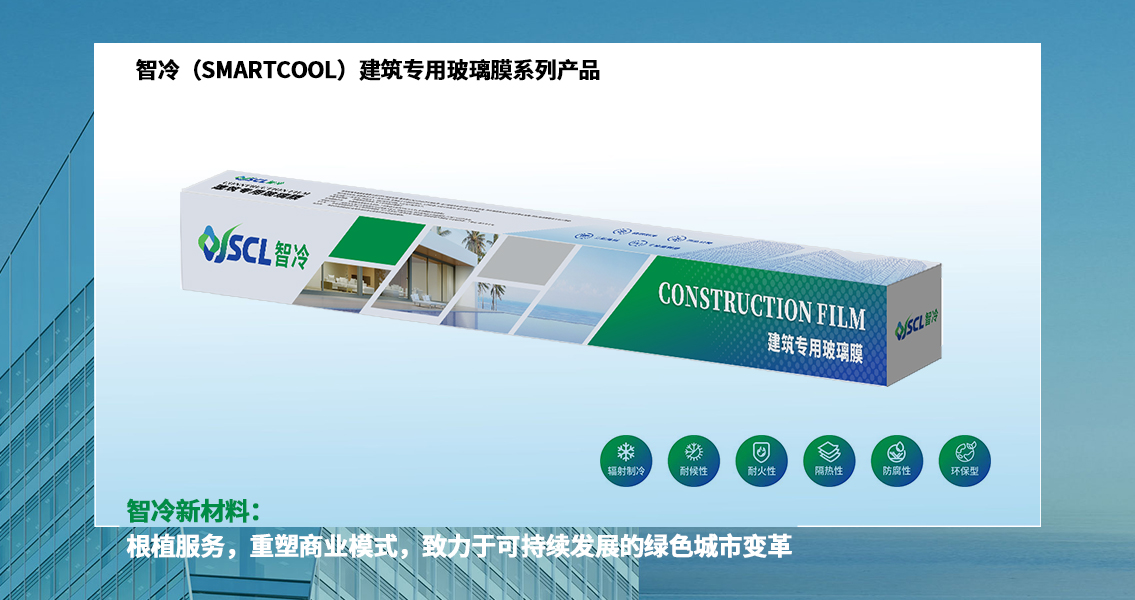
Currently, the challenge of global climate change is intensi...
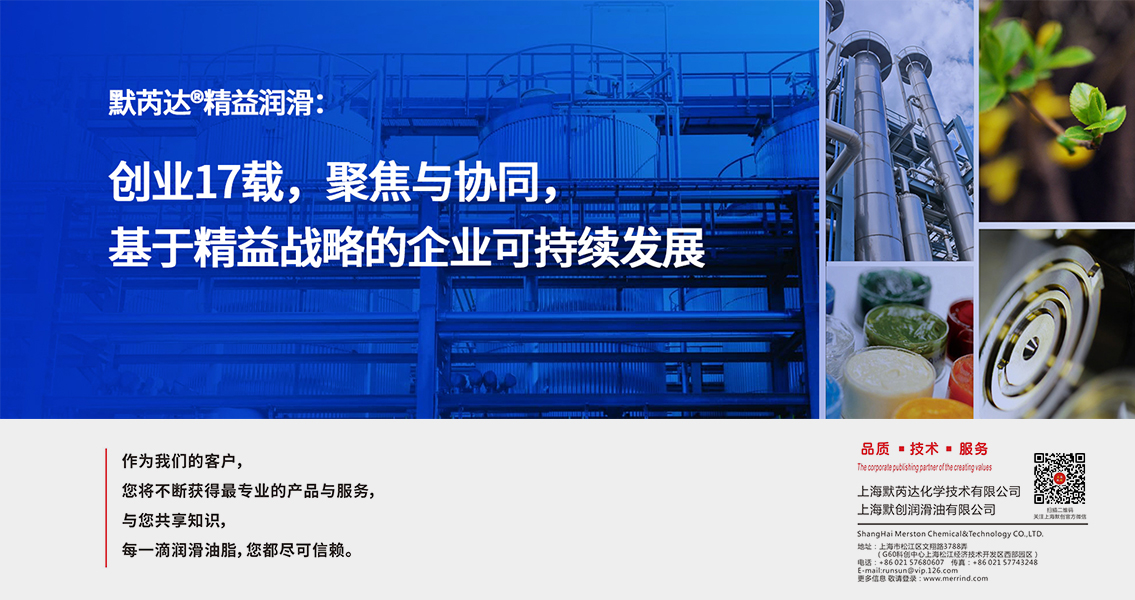
MerRIND ® The Lean Lubrication brand was established in ...
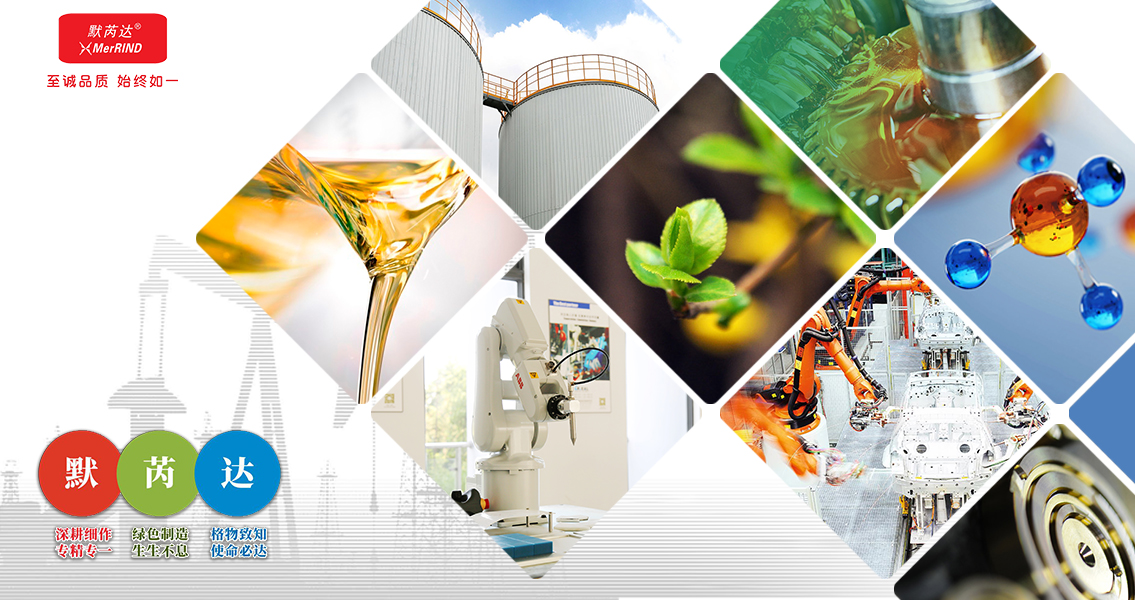
In the long course of human civilization's evolution, we...
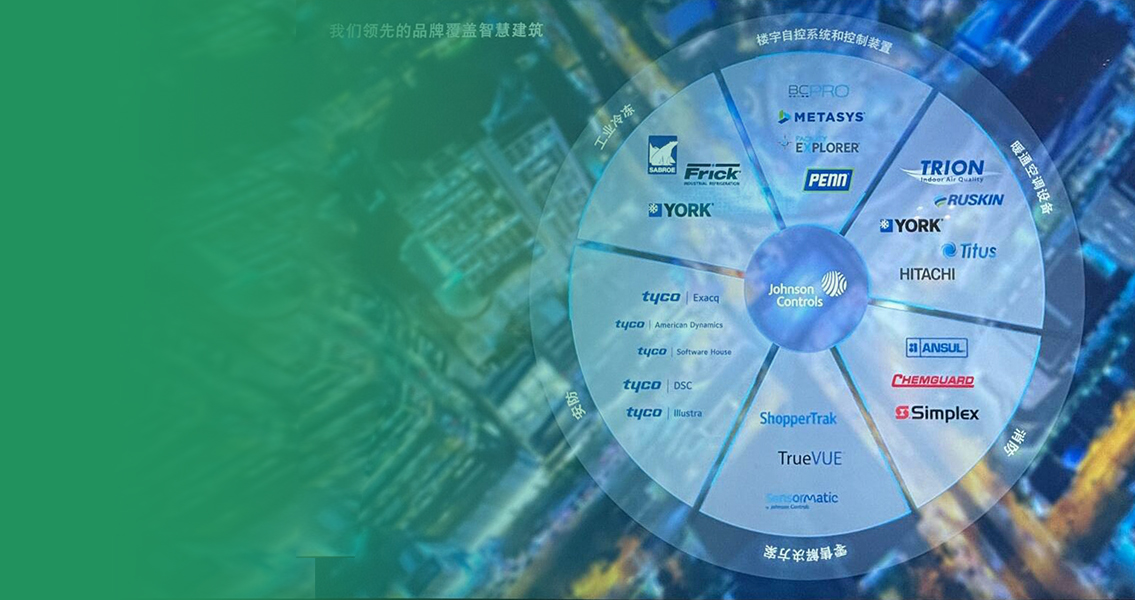
In the long river of human history, new technologies hav...
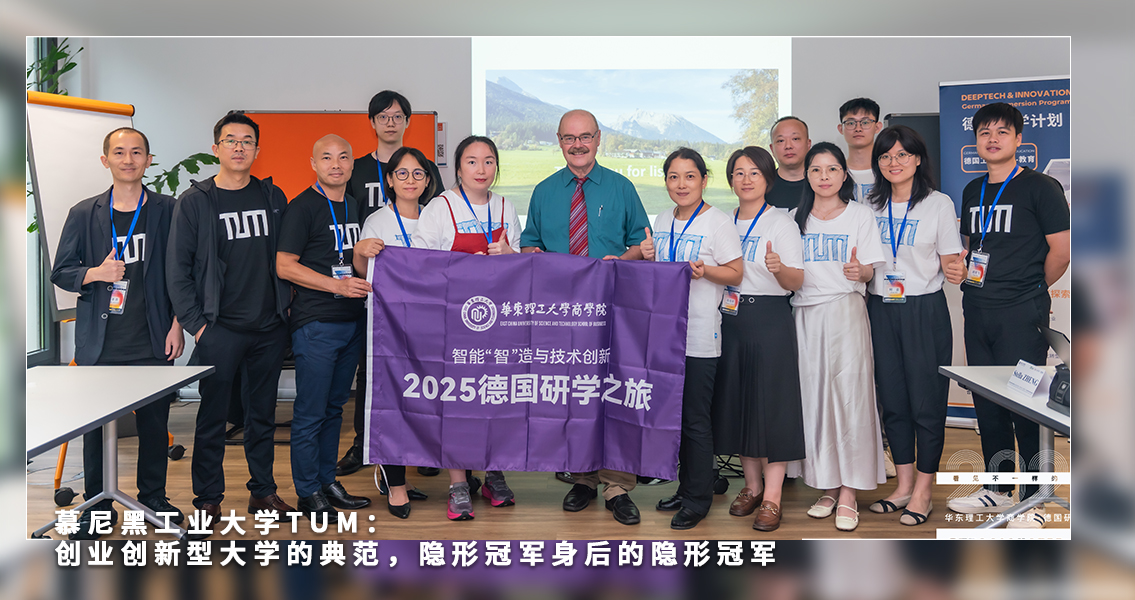
Hidden Champion "is a concept proposed by German busines...
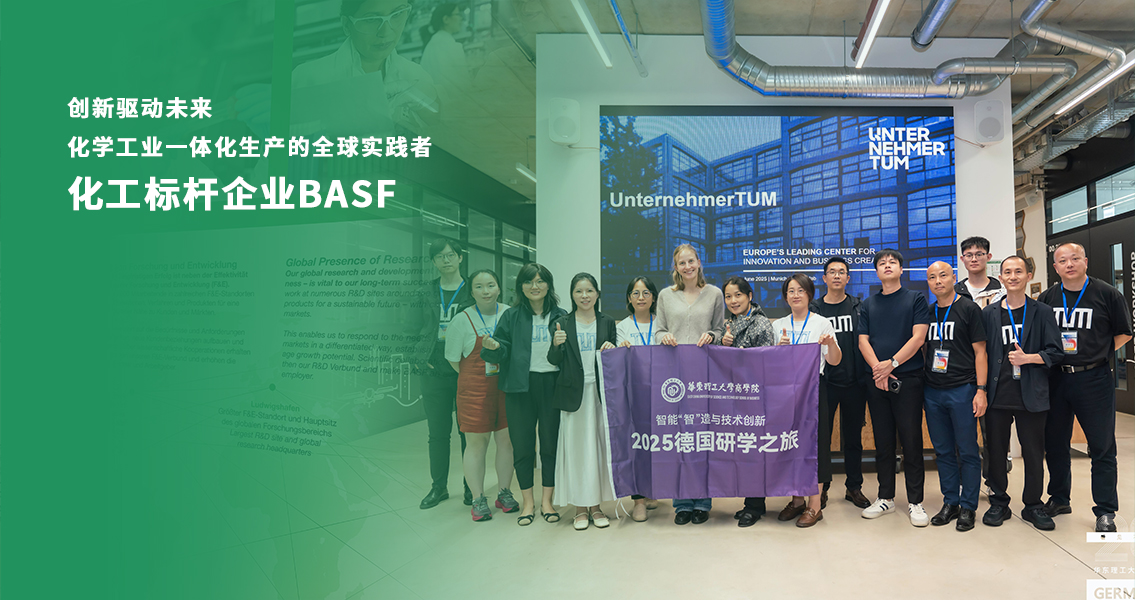
On July 25, 2025, the Rhine River is rippling with blue ...
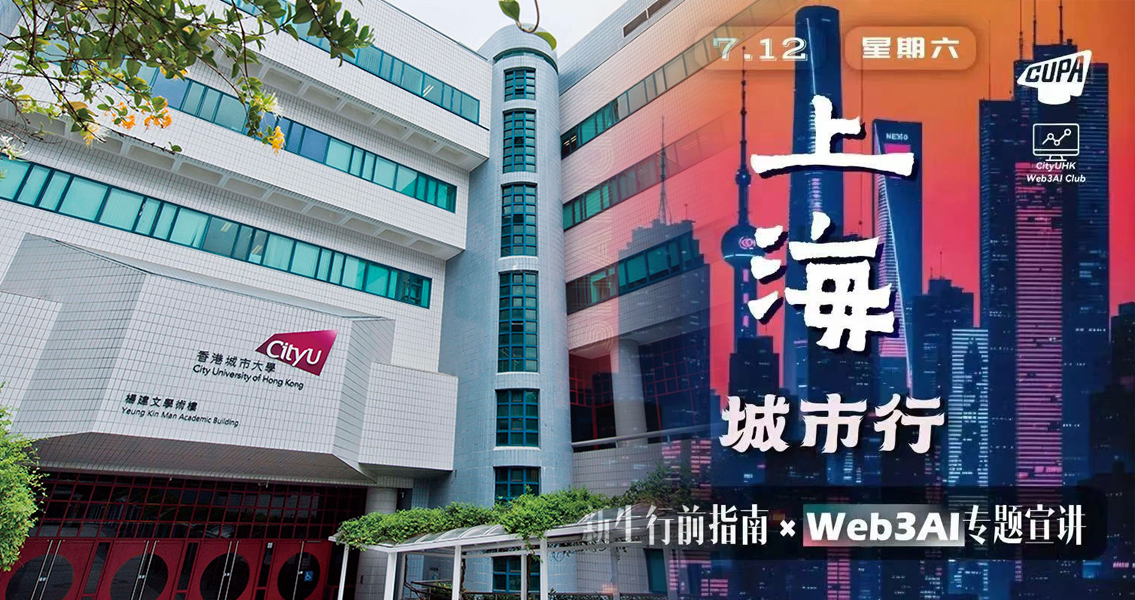
On July 12, 2025, the 2025 City Trip · Shanghai S...

MerRIND ® Lean Lubrication takes great pride in part...

Folding phone development trend: With its innovativ...

In today's world, technological progress and innovation ...